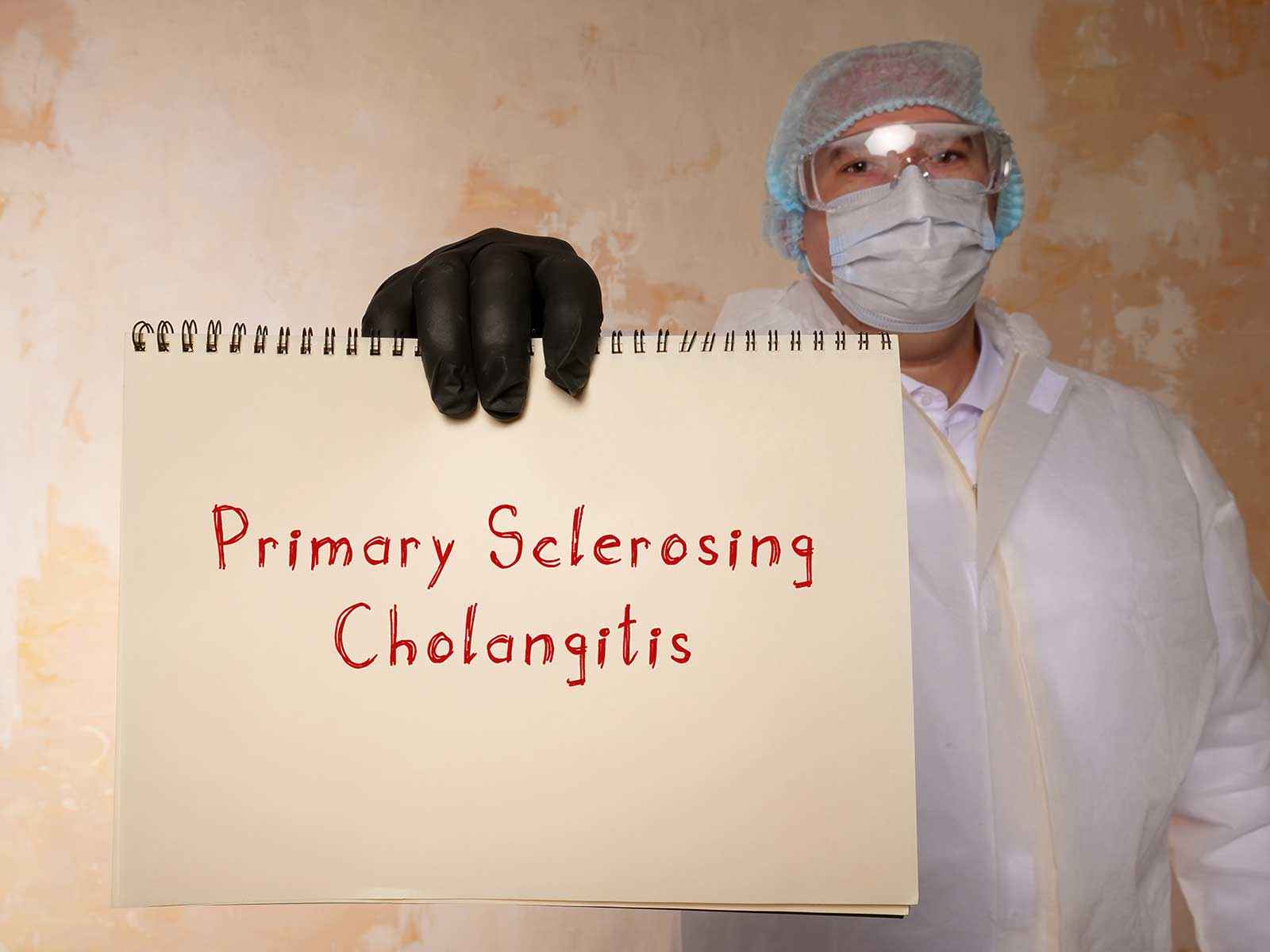
Presbyesophagus is an aging process in which the esophagus has the age related muscle contractions being less coordinated and weakened. This decreases the rate of food passage between the throat and the stomach, and can incorporate additional, unhelpful muscle contractions called tertiary contraction. It is not life threatening but may cause one to have difficulty in swallowing.
People with presbyesophagus often notice:
Several age-related factors contribute to presbyesophagus:
Don't overlook issues with swallowing receive the responses and attention you require at GastroDoxs in Jersey Village. Get in touch with us and make a reservation with our Board-certified gastroenterologists today. Our vision is to provide convenient, tender and individual care to make sure you can eat well again. Get the first step towards the long-term relief by calling us or making a reservation.
We've successfully treated more than 1.5K patients, helping individuals improve their digestive health and overall well-being through expert, personalized care.
With over 20 years of experience, GastroDoxs has been a trusted provider of gastroenterology care, focusing on delivering the best outcomes for patients
Presbyesophagus refers to a condition of aging that changes the muscles of the esophagus to be weaker and less coordinated, causing slower or more difficult swallowing of food.
Presbyesophagus has an ICD-10 code of K22.7 and is used by healthcare providers for diagnosis and billing purposes.
The most typical symptoms are the inability to swallow (dysphagia), the sensation of something being lodged in the chest, minor chest pain, slowing down of eating, and occasional heartburn or reflux.
The natural aging process causes presbyesophagus: weakening of the esophageal muscles, slower nerve signals, decreased blood flow, and occasionally lack of coordination of tertiary contractions.
Although presbyesophagus is not life-threatening, neglecting the symptoms may result in poor nutrition, weight loss, or choking.
Tertiary contractions are additional uncoordinated movements in the esophagus that do not aid in moving food downward and can be painful.
Diagnosis typically involves upper endoscopy, a barium swallow X-ray, or endoscopic esophageal manometry to assess muscle function and rule out other conditions.
Treatment may include dietary changes (soft foods, thorough chewing), swallowing exercises, medications to relax muscles or reduce acid, and endoscopic dilation to widen constricted areas.
Yes. Lifestyle modifications, swallowing exercises, and consistent follow-up can help relieve symptoms and improve management.
Consult a gastroenterologist if you experience worsening difficulty swallowing, chest pain, unexplained weight loss, or frequent choking while eating.